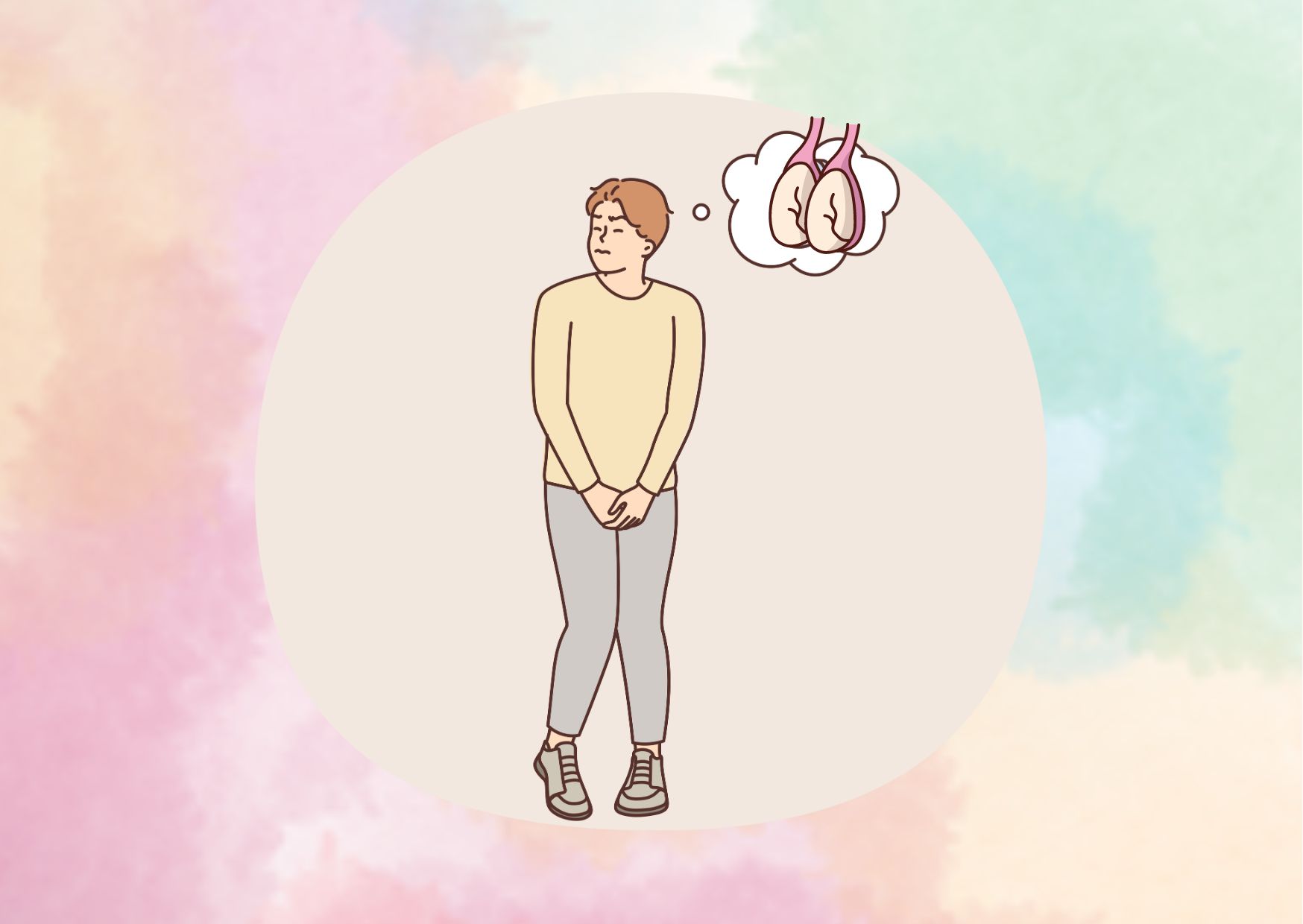Blue Balls: Debunking Myths and Understanding the Facts
Introduction
Blue balls is a term that has been used colloquially to describe a condition known as epididymal hypertension. It refers to the discomfort or pain that some individuals experience in their testicles after sexual arousal without orgasm. While it is a widely recognized phenomenon, there are many myths and misconceptions surrounding blue balls. In this comprehensive guide, we will explore the facts and debunk the myths surrounding this condition. We will delve into the causes, symptoms, treatment options, and address common questions related to blue balls. So, let’s dive in and separate fact from fiction.
Epididymal Hypertension
Blue balls is a colloquial term used to describe a temporary discomfort or achy sensation in the testicles, often accompanied by a bluish tint. This sensation is commonly reported by some men after prolonged sexual arousal without ejaculation or release. It’s not a medical term, and the actual physical condition it refers to is more accurately known as vasocongestion or epididymal hypertension.
Here’s a brief overview of what happens:
Blood Flow: During sexual arousal, blood flows to the genital area, including the testicles, causing them to swell and become more sensitive.
Vasocongestion: If sexual stimulation continues without ejaculation or orgasm, there may be an accumulation of blood in the genital area, leading to vasocongestion. This increased blood flow can cause discomfort and a feeling of heaviness in the testicles.
Epididymal Hypertension: The epididymis, a coiled tube located behind each testicle, may experience increased pressure due to the accumulation of fluids and sperm, contributing to the discomfort.
It’s important to note that while the term blue balls is commonly used to describe this phenomenon, the testicles don’t actually turn blue. The discomfort is typically temporary and resolves on its own, often alleviated by ejaculation or the passage of time.
If someone experiences persistent or severe testicular pain, it’s essential to seek medical attention to rule out any underlying health concerns. Otherwise, “blue balls” is a common, benign phenomenon associated with sexual arousal that usually resolves without any long-term consequences.
What are Blue Balls?
Blue balls, also known as epididymal hypertension, is a condition that occurs when blood accumulates in the testicles during sexual arousal. This build-up of blood can cause aching or discomfort in the testicles if orgasm is not achieved. It is important to note that blue balls is not a medically recognized condition, but rather a colloquial term used to describe this phenomenon.
Are Blue Balls Dangerous?
One common myth surrounding blue balls is that it can be harmful or pose long-term health risks. However, this is not true. Blue balls is a temporary condition that typically resolves on its own or with ejaculation. It does not cause any lasting damage to the testicles or reproductive system. It is important to understand that experiencing discomfort from blue balls should not be used as a means to pressure or coerce individuals into engaging in sexual acts.
Causes of Blue Balls
Blue balls occur as a result of sexual arousal without orgasm. When a person becomes sexually aroused, blood flows to the genital area, including the testicles. If orgasm does not occur, the blood may remain in the testicles for a longer period of time, leading to discomfort or pain. This phenomenon is more common in younger individuals who may experience heightened sexual arousal and have less control over their sexual responses.
Symptoms of Blue Balls
The main symptom of blue balls is discomfort or aching in the testicles. This sensation may range from mild to moderate, and it typically subsides once sexual arousal diminishes or ejaculation occurs. It is important to note that if the pain becomes severe or persists for an extended period of time, it may be indicative of another underlying condition, and medical attention should be sought.
